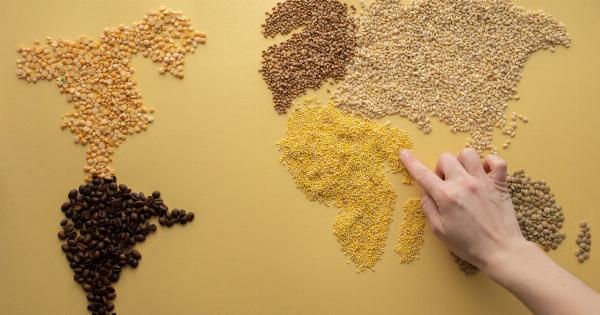Eating is one of life’s greatest pleasures. Whether we’re savoring a home-cooked meal, dining out at our favorite restaurant, or grabbing a quick bite on the go, the enjoyment and nourishment we get from the food we eat are undeniable.
However, it is crucial to prioritize food safety to protect ourselves and our loved ones from potential foodborne illnesses. By following these simple tips for safer eating, you can reduce the risks and ensure a healthier dining experience.
1. Wash Your Hands
Always begin by practicing good hand hygiene. Wash your hands thoroughly with soap and water for at least 20 seconds before handling any food.
This step helps eliminate any bacteria or viruses that may be present on your hands, reducing the chances of cross-contamination.
2. Keep Your Kitchen Clean
Your kitchen is the heart of your culinary adventures, and keeping it clean is vital for food safety. Regularly disinfect countertops, cutting boards, utensils, and other kitchen surfaces to prevent the spread of harmful bacteria.
3. Separate Raw and Cooked Foods
To avoid cross-contamination, always keep raw and cooked foods separated. Use different cutting boards and utensils for each, and store them in distinct containers.
Raw meats, poultry, and seafood, in particular, should always be stored separately from ready-to-eat foods like fruits and vegetables.
4. Cook Thoroughly
Cooking food to the right temperature is crucial in killing harmful bacteria and preventing foodborne illnesses. Invest in a food thermometer to ensure your meats, poultry, fish, and leftovers are thoroughly cooked.
Different types of food have different recommended internal temperatures, so be sure to check guidelines for each specific item.
5. Refrigerate Promptly
Refrigeration plays a crucial role in food safety. Perishable foods should be refrigerated promptly to prevent the growth of bacteria.
Refrigerators should be set to a temperature of 40°F (4°C) or below to help maintain the quality and safety of the stored food items.
6. Avoid Cross-Contamination
Preventing cross-contamination is a fundamental principle in food safety. Keep raw meats, poultry, and seafood separate from other foods, both in storage and during preparation.
Use separate cutting boards, plates, and utensils, and always wash them thoroughly after contact with raw proteins.
7. Practice Safe Food Handling
When handling food, follow safe practices to minimize the risk of contamination. Be mindful of touching your face, hair, or other areas while you prepare food.
Use gloves or utensils when appropriate, and be cautious when handling ready-to-eat foods that will not undergo any further cooking.
8. Check Expiration Dates
Always check the expiration dates on food products before consuming them. Perishable items and those with shorter shelf lives, such as dairy products and deli meats, should be given extra attention.
Consuming expired foods increases the chances of foodborne illnesses.
9. Be Mindful of Allergens
If you or someone you are serving has known food allergies or intolerances, take extra care to avoid cross-contact.
Read labels carefully, separate foods during storage and preparation, and inform restaurants or food establishments about any dietary restrictions to ensure safer dining experiences.
10. Stay Informed
Lastly, stay up to date with current food safety news and guidelines. Familiarize yourself with common foodborne illnesses, symptoms, and treatment options.
By staying informed, you can take necessary precautions and make informed decisions to protect your health and the health of those around you.



























